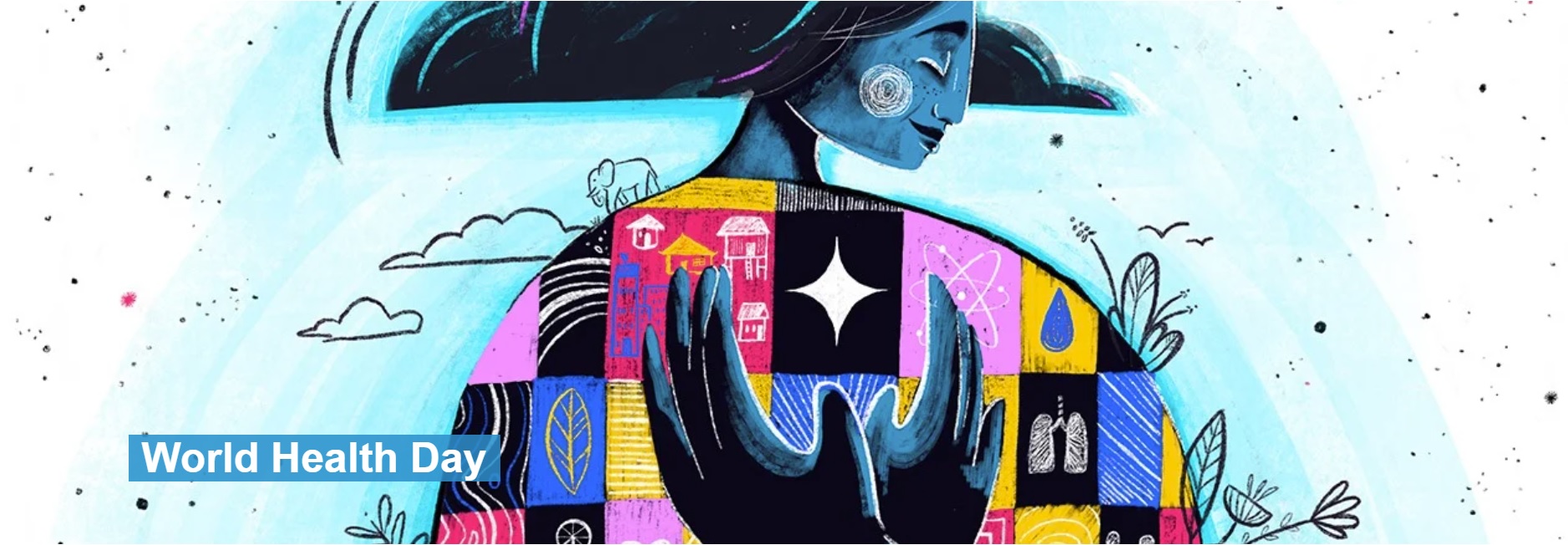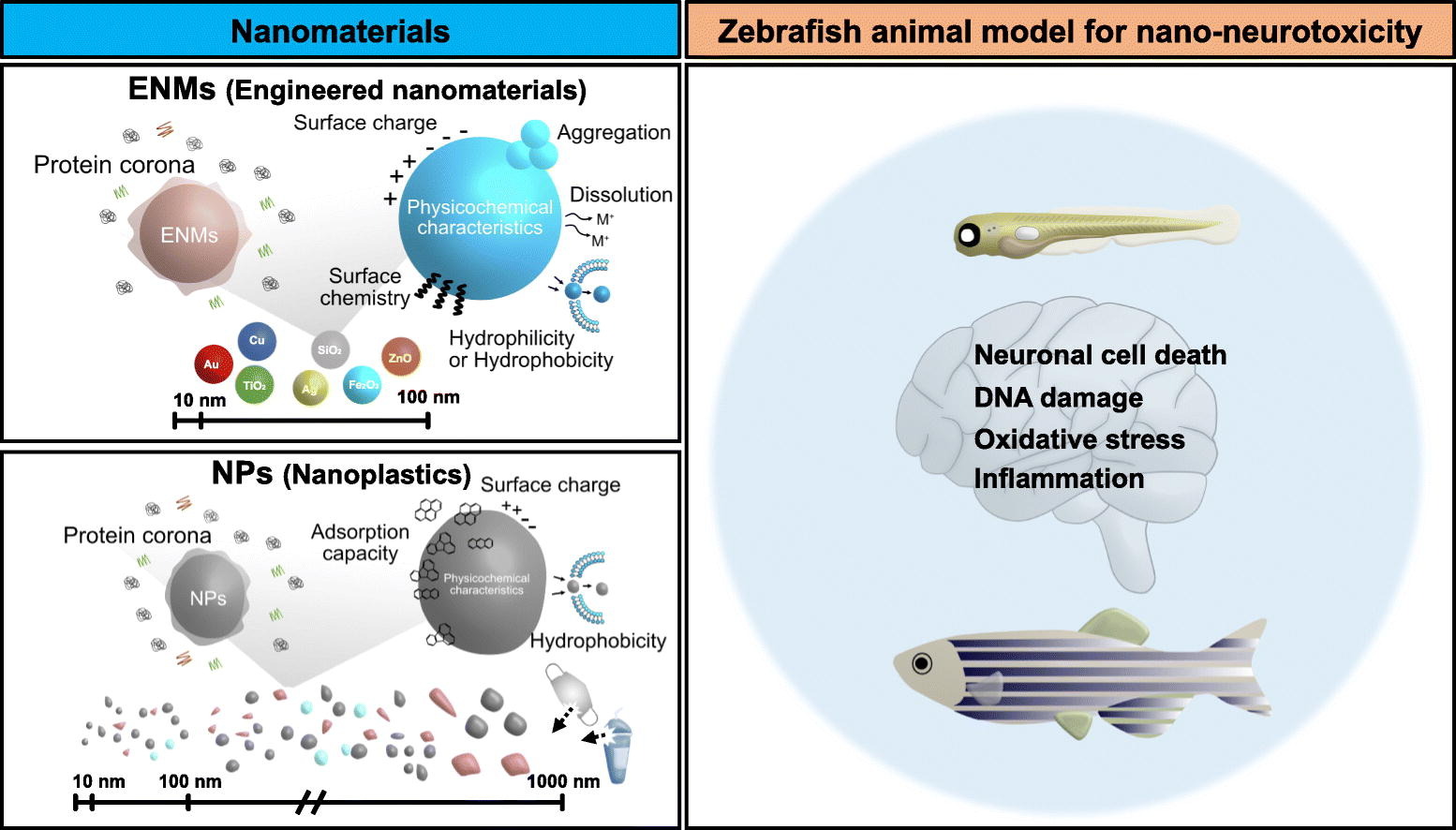Elsevier,
Indigenous People and Nature, Insights for Social, Ecological, and Technological Sustainability, 2022, Pages 199-216
The indigenous peoples make a lasting impact on the society and people through their activities such as protection of the ecosystem, agriculture, and the maintenance of ethnic origin; these people are faced with many risks regarding health, sanitation, water, climate change, and pandemic. The chapter aims to determine the integration of the indigenous population into society and the functions of social work in this regard.
Elsevier,
Virus Research, Volume 311, 2 April 2022
Viral metagenomics is widely applied to characterize emerging viral pathogens but it can also reveal the virome composition in health and disease. The evaluation of the virome in healthy blood donors can provide important knowledge on possible transfusion threats.
Elsevier, Free Radical Biology and Medicine, Volume 183, April 2022
Genistein is a phytoestrogen that, due to its structural similarity with estrogen, can both mimic and antagonize estrogen effects. Early analysis proved that at high concentrations, genistein inhibits breast cancer cell proliferation, thereby suggesting an anticancer activity. Since then, many discoveries have identified the genistein mechanism of action, including cell cycle arrest, apoptosis induction, as well as angiogenesis, and metastasis inhibition.
Elsevier,
Applied Geochemistry, Volume 139, April 2022
The predicted future climate change can be expected to have an impact on the biogeochemical conditions in pit lakes that must be considered when modelling pit lake water quality. Climate change might e.g., affect temperature and precipitation patterns, which can influence other factors such as water balance, hydrology, limnology, and biogeochemical prediction
Elsevier, Current Developments in Nutrition, Volume 6, 1 April 2022
This paper concludes that effective local implementation of MSN (Multisectoral Nutrition) policy requires country-level commitment together with local leadership and capacity building, and community engagement to ensure efforts fit program contexts.
Healthcare Strategies and Planning for Social Inclusion and Development Volume 2: Social, Economic, and Health Disparities of Rural Women, 2022, Pages 1-42
This chapter advances the UN SDG Goal 3: Good Health, Goal 5: Gender Equity, and Goal 10: Reduced Inequalities by highlighting social determinants like gender inequality, starvation, nonavailability of basic nutrients, etc. are described in detail, on the basis of social exclusion, disparity, aging issues, domestic violence, and health problem like obstetric and reproduction.
Elsevier
Nanomaterials including engineered nanomaterials and nanoplastics emerge as new pollutants to the ecosystem. In particular, studies on the adverse effects of nanomaterials on the brain are limited.
Various animal models offer opportunities to evaluate neurological effects of nanomaterials. We summarize recent studies and key findings on neurotoxicological effects of nanomaterials, focusing on zebrafish.


